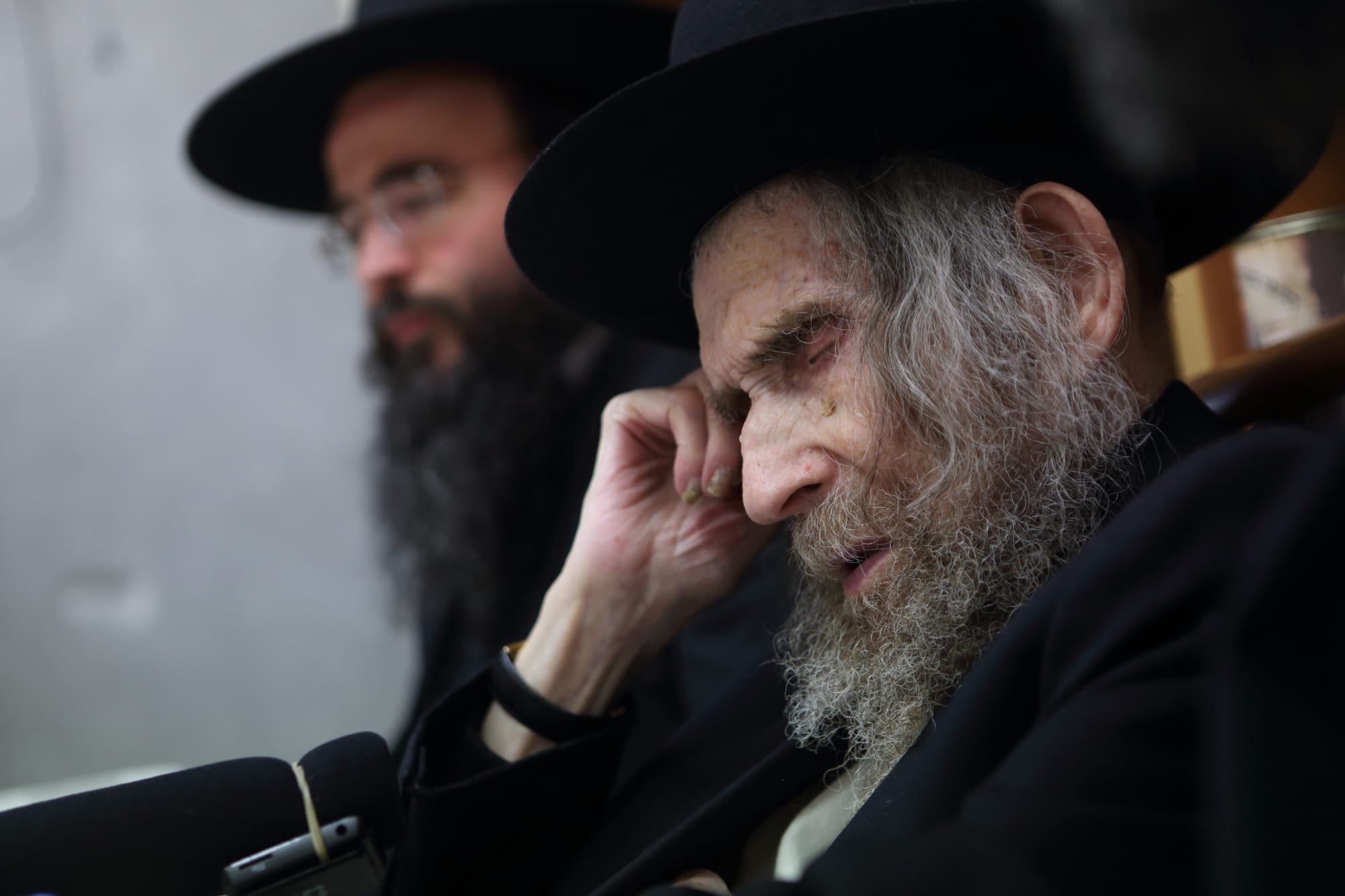Shneur Cohen (26) is an ebullient optimist, but even he is a little shocked that his first book, “The Gift”, a book about giving and charity, has succeeded in touching the Israeli public so profoundly and topping the bestseller lists for nearly half a year. Originally Cohen intended his book to be a kind of halachic compendium regarding the laws of charity. The idea for the book came to him from a friend he met in Florida who used to give a lot of Tzedaka (charity) and wanted to know the halachic parameters regarding who to give to first, how much to give and whether to give most of one’s charity to one individual who needs it.
Cohen would seem to be the most suitable individual to answer that question. The youngest of 17 children, Cohen was often entrusted by his father with charity envelopes to distribute to the needy and poor in his town. His father, a Rabbi and leader of a Chabad community, was accustomed to giving a fifth of his income to charity. Lest one gets the impression that he was an affluent person and could easily afford to dispense so much money to charity, Cohen avers that this is not the case.
“My parents, with 17 children and now with more than 130 grandchildren, live simply off money they receive from renting an apartment they bought in Jerusalem when prices were more reasonable.”
Yet despite this munificence towards others, Cohen never felt a sense of deprivation as a child:
“We didn’t lack for anything, we had a great time. Daddy even married us all off without going into debt and without taking any loans. Of course, we did not have luxuries or delicacies or other accessories, but when I needed a hat, coat or shoes- I got them.”
Cohen wishes to emulate his father’s giving and says that his brothers and sisters also give a fifth of their earnings to charity. His mother also had her own unique ways of giving, spending 36 years teaching disadvantaged children and putting all of her efforts into them besides raising her huge family. But Shneur has found many other opportunities in his short career to give to others in significant ways, and his book rather audaciously aims to educate the entire Israeli public in the art of giving and how much it enhances the life of the giver as well as the recipient. However in order to do that he had to refine his book considerably to suit the tastes of a secular book:
“Originally the book was meant for the Chareidi public, but when I realized what I had in my hands, I said it would be a shame not to arouse the wider public. I started to investigate widely, and also entered the practical world of charity. I contacted the heads of various non-profits, interviewed them and asked them what giving does for them and what ideas they had on the subject”.
The book now consists of stories which emphasize that giving is actually receiving and that being involved in giving grants satisfaction to the giver”. Some of the stories were told to Shneur and some he gathered from his research, but they are all based on fact.
Cohen describes a young couple who decide to ignore an older person who is offering shoe-shining services, assuming that he is not really deprived and only wishes to arouse some pity for himself. Elsewhere, a career army officer spends his life giving to his country but when asked to donate to a charity he loses his patience and says “I give 40% of my wages to the state (in taxes), let the state take upon itself to take care of the poor and needy”. Cohen analyzes the reactions of those who refuse to give and explains their logic but then he carefully refutes their arguments.
Cohen does not seem to know how to take no for an answer, and even though his original manuscript was summarily rejected by the Kineret Zemora Bitan publishing house, he was not deterred and set out to find a way to make his book more palatable for the general public. The final product did not even resemble the first draft. He claims that even the people involved in publishing the book told him that it changed them. One started giving a Shekel a day to charity, while others call him up with various questions on how to donate money.
Despite the astonishing success of his book, writing has not been the main feature of Cohen’s versatile life. Giving certainly has. At the tender age of 15 Shneur was told to organize a communal Seder night meal in Kazakhstan, this despite not knowing a word of Russian. He also managed three summer day school camps there without learning any more of the language. His brothers are Rabbis in Kazakhstan but the peripatetic Shneur has also run a Seder for Israelis in Bolivia and spent some time in Miami after he completed his rabbinical studies. Yet he doesn’t for a minute stop his altruistic activity and now volunteers as a prison Rabbi. After coming back traumatized from his first visit to jail and having seen the jaded look in the prisoner’s eyes, Cohen was determined to bring some joy into their lives. He tries to accomplish this by talking to them- even to the most hardened criminals- about giving, about contributing to society positively, about a world of warmth and empathy which they can also be part of. As usual, Cohen claims that he gets much more than he gives from the experience with prisoners.
Maybe some of Shneur’s inordinate zest for giving stems from the fact that he views his own life as a gift:
“After my mother gave birth to her sixteenth child, she wanted more. The doctor said to her: Why do you need more? You have sixteen, that’s plenty, what do you want to get to?”
“She was 42 and the doctor said he was skeptical. Mommy was very scared because she loves children. She asked my father what he thought, and he said: “You’re the one who gives birth, you decide. They went to another doctor and he checked and told her that everything was OK and that the level of danger was the same for the 1st or the 17th child. Mommy heard and said ‘I’m not stopping now’ and in that merit I came into the world”.
Shneur Cohen heard this story at the tender age of 11 and it seems to have made an indelible impression on him, as his life is one continuum of altruism. Not surprisingly, he and his wife decided that the proceeds from the book “the gift” would also go to philanthropic endeavors. Maybe because he practices so well what he preaches does his book resonate so well with such a diverse readership, who in turn will gain “the gift” themselves.





